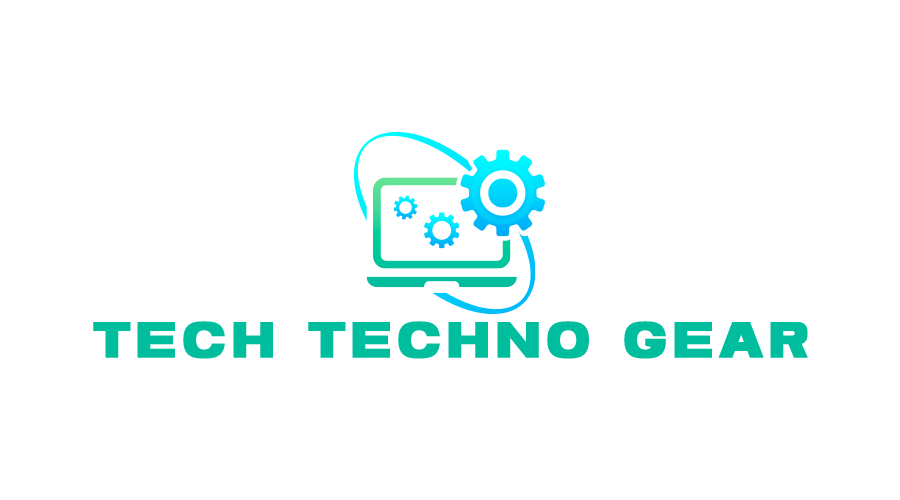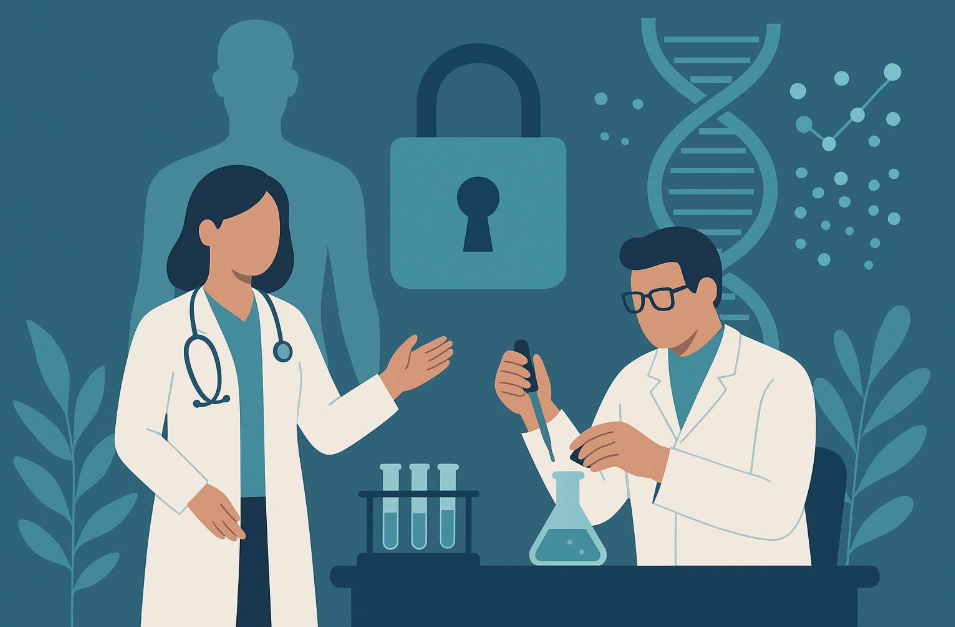Biomedical technological know-how is changing fast, and the call for data structures that are steady, scalable, and smart has in no way been more potent. Today, discoveries in privacy-maintaining artificial omics are pushing healthcare innovation to new heights. This technology lets scientists make fake copies of important biological information. This maintains actual affected person identities and facts secure while still being scientifically correct. Nexomic is leading this transformation by creating privacy-safe systems that redefine how biomedical data is generated and analyzed.
Scientists may also now have a look at genetic styles, cellular pathways, and disease reasons without breaking statistics privacy by making omic datasets that are high-precision and safe. This is the beginning of facts-driven remedy, which is not simplest about locating new matters but also about finding new approaches to do things that protect people’s privacy. With Nexomic’s innovation, data-driven medicine is becoming both ethically sound and scientifically powerful.
Using Multi-Omics to Help with Rare Diseases
Finding biomarkers for unusual diseases is a game-changer in the search for cures for these diseases. Because rare sicknesses do not take place very frequently, there aren’t always enough affected person statistics for researchers to find accurate organic signs and symptoms. But while blended with Privacy-keeping artificial omics, a step forward takes place: artificial data can enhance uncommon patient cohorts, making biomarker analysis datasets that are stronger and extra numerous.
Scientists can do the subsequent with this fusion:
- Simulate specific genetic profiles for stepped forward statistical accuracy
- Model contamination development without freely giving patient identities
- Speed up the search for predictive and diagnostic biomarkers.
This integration not only speeds up clinical validation, but it also makes sure that everyone can understand even the rarest diseases on a large scale. Nexomic’s platform is helping researchers strengthen the foundation for rare disease exploration by merging accuracy with privacy protection.
AI and keeping your privacy safe Synthetic Omics: The Best Partnership
Artificial intelligence (AI) has changed the way we look at biological data. AI-driven models can learn from synthetic datasets that act like actual omic data when they are used with Privacy-preserving synthetic omics. This strategy lets algorithms learn from big, complicated datasets without putting sensitive patient information at risk.
This AI-powered synergy gives unmatched accuracy for finding biomarkers for rare diseases. Machine learning algorithms can find small molecular signatures that describe unusual situations. These are discoveries that were once concealed in datasets that were hard to get to or not very big.
Some of the main benefits are:
- Quickly coming up with new hypotheses utilizing synthetic multi-omic datasets;
- Safer places to train models for predictive diagnoses;
- Real-time insights that can be used in both labs and clinics.
This combination of AI and synthetic omics makes sure that medicine will be smart and responsible in the future. Through Nexomic, the collaboration between AI and omics becomes a trusted pathway to accelerate discoveries responsibly.
Changing research with new ethical data
At the heart of current biomedical research is ethical innovation. Synthetic omics that protect privacy make sure that global data rules are followed while also opening up the possibilities of collaborative science. Now, research institutions, hospitals, and biotech corporations can share synthetic copies of genomic and proteomic data without the legal and moral problems that come with sharing real data.
This method makes it easier to find biomarkers for rare diseases because teams from all around the world may work together and share their ideas without breaking patient privacy. What befell? Faster and greater specific identification of biomarkers can result in advanced diagnosis, better treatment choices, and, in the long run, better outcomes for sufferers.
Conclusion
The future of precision medicine hinges on how well omic data, AI, and ethical data management work together. Privacy-preserving synthetic omics is the link between both areas. It makes it possible for innovation and honesty to live together. In the realm of rare disease biomarker discovery, this bridge facilitates a more profound comprehension of disease mechanisms, hence enabling individualized interventions that transcend mere symptom management. Combining synthetic data with real-world biology makes sure that every patient’s journey adds to the global healthcare system’s collective wisdom. Visit nexomic.com to learn more about the future of omic-powered precision intelligence.

